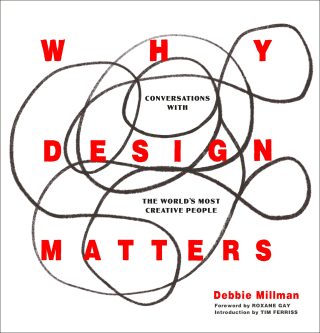[Hulda Guzman, “‘come dance’ asked nature kindly”]
That’s Alexus McLeod, professor of philosophy and Asian and Asian American Studies at the University of Connecticut, in an interview at The Philosopher’s Eye on the occasion of his becoming editor of The Philosophical Forum.

“Through practical inertia, we end up duplicating what we’ve been handed down by our chauvinistic and often racist intellectual forebears, even if we have no intention to be racist.”
The first question asks about taking a global approach to philosophy. Here’s part of Dr. McLeod’s reply:
We, philosophers in the Western academy, are simply not talking to the world for the most part, outside of the European and Anglo-American world. Particularly not the so-called “global south”. And we’re not talking to them even when they are engaged in the same projects! As I mentioned above, it turns out that many of the philosophers in China, India, Ghana, Peru, and elsewhere are working within the same philosophical tradition as many philosophers in the US and UK. There are analytic philosophers and Continental philosophers in the Western style throughout the world. It’s difficult to find any philosophy department anywhere without at least one person working in these areas.

Still, there is little engagement between philosophers working in the English-speaking “West” and their counterparts in other parts of the world. And there is little good reason for this. Even our general category of this “West” hides a problem. Which nations do we include in the “English speaking world” for purposes of defining the West? USA, Canada, UK, Australia and New Zealand. Look the famous (or infamous?) Philosophical Gourmet Report. It ranks programs in the “English speaking world” in just these regions. But what of Caribbean nations? Various nations throughout Africa? India? English is the primary and native language of many Caribbean nations, for example, and the official and most common language of many African nations. Not so of Quebec. Yet the latter gets somehow included in “English speaking world,” while the former do not. And even in nations where English is not the official or most common language, language is still no barrier, as most people working on analytic philosophy outside the US can understand and work in English. It would be pretty tough, after all, to engage with a tradition whose major works one could not read due to not understanding the language in which they’re written.
The whole interview is here.
While philosophy happens in some of the same patterns across the world and throughout history, no philosophical tradition is exactly the same, and in each we find unique insights, questions, and viewpoints on the world. Just as it would be fruitless to try to understand the nature of human language with an understanding of only one or two languages in a single region and ignoring all the rest (something I’ve sometimes seen!), or the nature of religion by looking only at Protestant Christianity, it’s hopeless to try to understand the nature of philosophy if we neglect the philosophy of most of the world…
I suspect that the reason for the lack of global interaction is the same as the reason for the general lack of focus on global philosophical traditions outside of the Western categories of analytic and Continental philosophy. Let me be frank here: racism. This is not largely (although it sometimes is) individual racism from philosophers, but rather the racism inherent in the conception of philosophy we’ve inherited. Just as institutional racism exists in the structures of American society, a cultural chauvinism grounded in racism exists in the conception of philosophy dominant in the West. Through practical inertia, we end up duplicating what we’ve been handed down by our chauvinistic and often racist intellectual forebears, even if we have no intention to be racist. At some point we’ve got to reckon with the fact that philosophy in the US (or that awkward “English speaking world” that has race built into it as well) is as it is because those who passed it down to us were racist, and engaged in an inherently racist project that explicitly excluded non-European people (and even particular categories of European people). We’re never going to improve philosophy until we come to grips with this racist past, understand the ways it clearly manifests itself in the present through our continuation of past patterns, and actively work to restructure the ways we think about what philosophy is and does.





